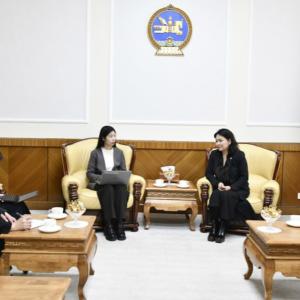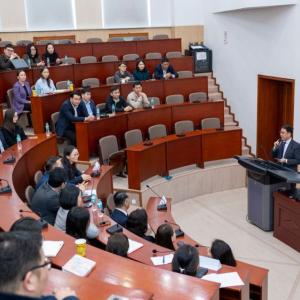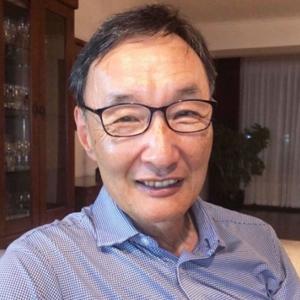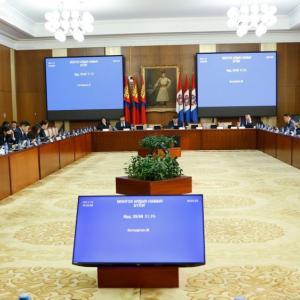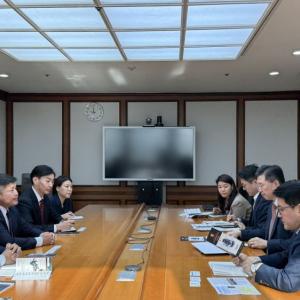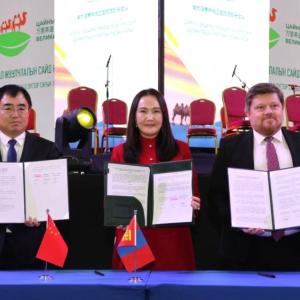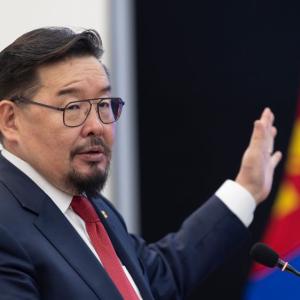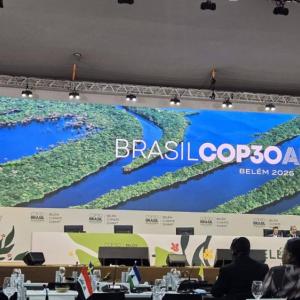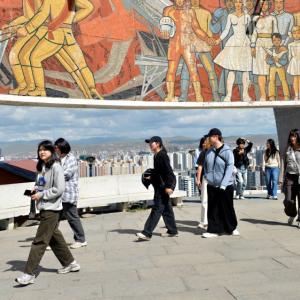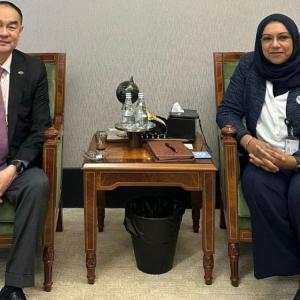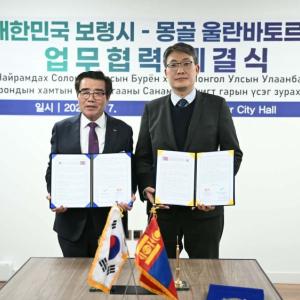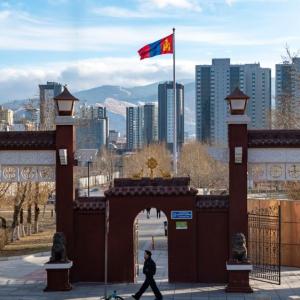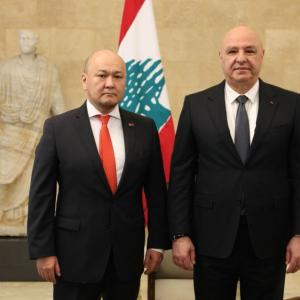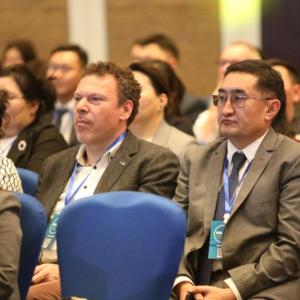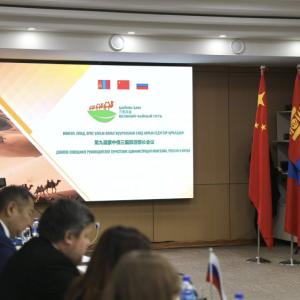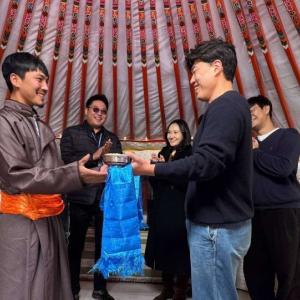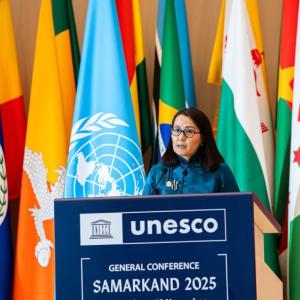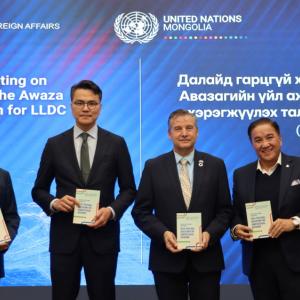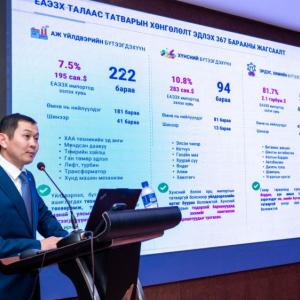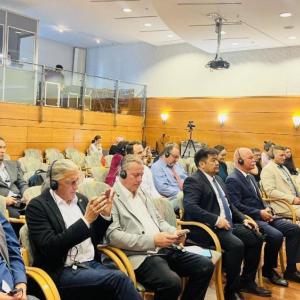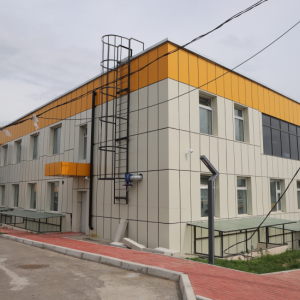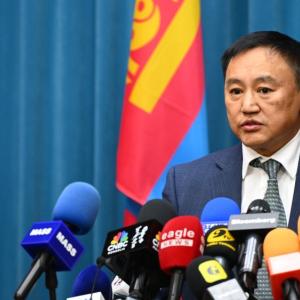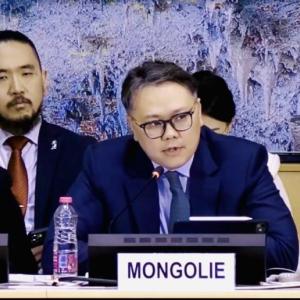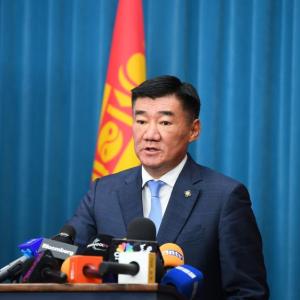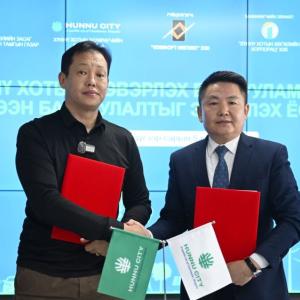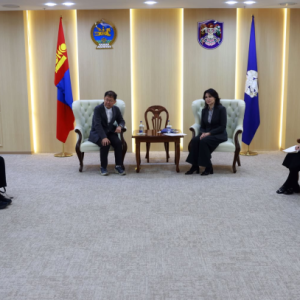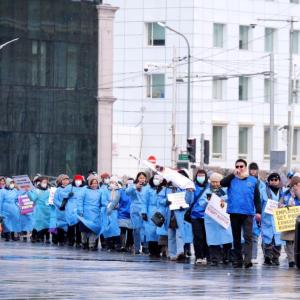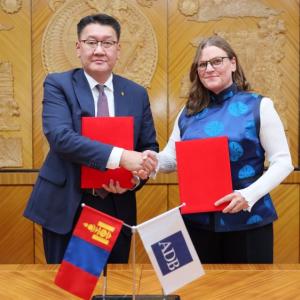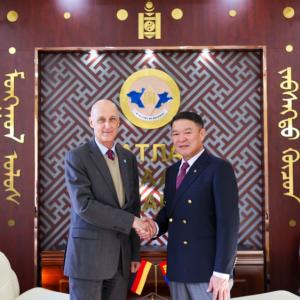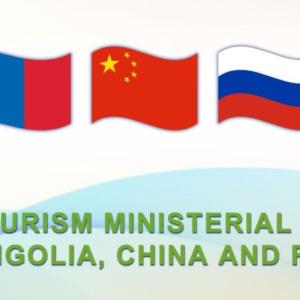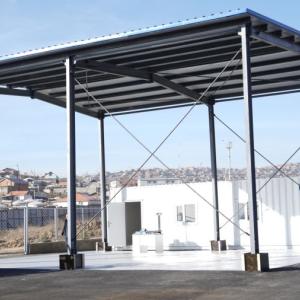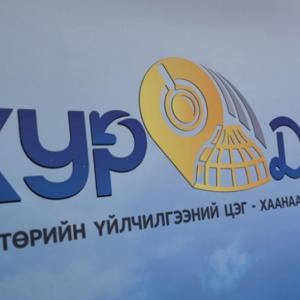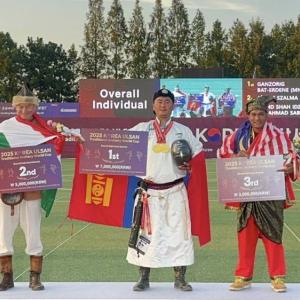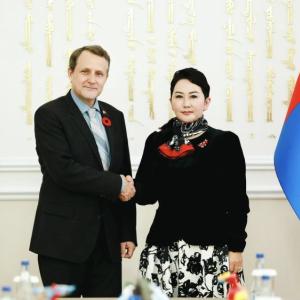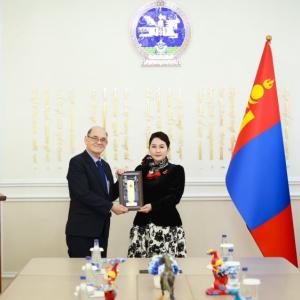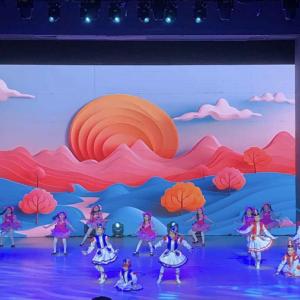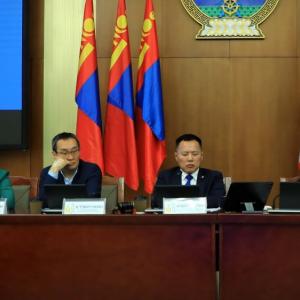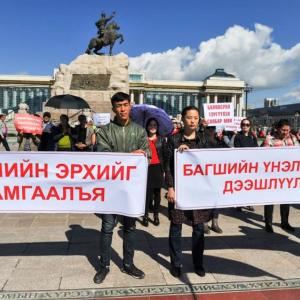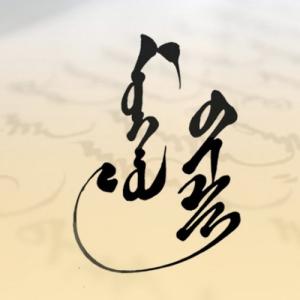A.N.Varlamov: Mongolia felt very similar to Iceland
Art & Culture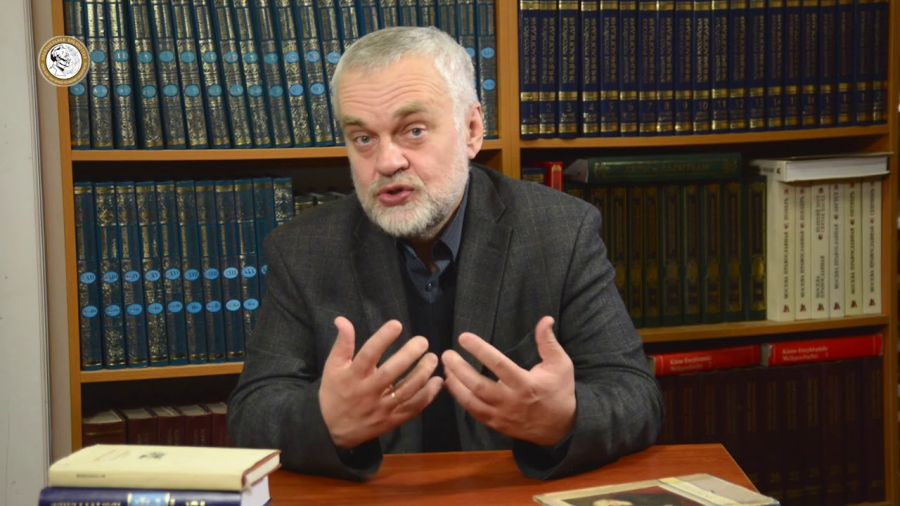
Ulaanbaatar /MONTSAME/. Director of Maxim
Gorky Literature Institute Alexei Nikolaevich Varlamov was one of the guests
from abroad to arrive in Mongolia for the National Book Festival that took
place in the capital city last week. During the event, he gave us an
interview.
-
The Maxim Gorky Literature Institute has a special relationship with Mongolia. Could
you tell us how many Mongolian students have graduated from the institute so
far?
- Unfortunately, I don’t know the exact number at this very moment, but I know that many people from Mongolia studied at our institute. Recently, we published a book titled ‘Collection of Modern Mongolian Stories’ with our graduate O.Chinbayar. The book contains biographies of Mongolian writers, and most of them studied at our institute. And this applies to both authors and translators.
-
A lot of contemporary Mongolian writers studied at the institute. In other
words, it could be said that a significant contribution was also made to the
development of modern Mongolian literature…
-
Yes. Even former President of Mongolia N.Enkhbayar graduated from our institute.
-
Are the executives of the institute also aware about this?
-
Why, of course. The ‘Collection of Modern
Mongolian Stories’
book is a clear demonstration of this. We always look back on our international
graduates. Alongside being large in numbers, Mongolian students also served as a
significant representation of the country.
-
From what other countries do students come to study?
-
In Soviet times, students from all the republics – most of which are now
independent countries, studied at the Maxim Gorky Literature Institute. At the
time, students used to enroll from countries such as Latvia, Uzbekistan, Turkmenistan,
and Estonia. Moreover, students from socialist countries such as the German
Democratic Republic, Bulgaria, Czechoslovakia and Mongolia also studied at the
institute. Since the collapse of the Soviet Union, we have been closely
cooperating with western universities.
- A ceremony took place for the launch of the
book titled ‘Anthology of Contemporary Mongolian Short Stories’ took place in
Russia. What is your opinion about the book as a writer?
-
I have read the book, and it felt very intriguing. Whenever I read a book, I
try my best to read it as a reader rather than a writer. I have visited many
countries of the world, but only a few Eurasian countries. And this is
my first time visiting Mongolia. In this sense, you could say that the
book served as an introduction to the country. As I have heard a lot about
Mongolia, I have always wanted to visit. Yet, interestingly, it reminded me
of Iceland. I like Icelandic
literature a lot.
The
people of Iceland have a great connection to nature and the environment, paying
close attention to it. Similarly,
the literature of Mongolia also depicts the perspective of having respect for mother
earth and one’s own homeland. Just from reading the book, I was able to
understand the Mongolian people’s attitude towards nature. In general, it seemed
that the authors simply focused on their environment and surroundings instead
of trying to prove their point through their works.
- You have written biographies
of famous Russian figures, such as Mikhail Prishvin, Aleksey Tolstoy, Ivan Bunin,
and Grigori Rasputin. Would you say that you are specialized in writing
biographies?
- From poems to short stories and novels, I have
written pieces for various genres of literature. I created a purely fictional
piece as well as a non-fictional one.
If it was not necessary, I don’t think I would
have written biographies. It was due to the interesting suggestion put forth by
the publishing house that I wrote biographies of many people, such as Alexander
Grin, Aleksey Tolstoy, Vasily Shukshin, and Grigori Rasputin. I also write
literary works on the side.
- Are you able to find time to write on
the side of working as the
director of the Literary Institute?
- Yes,
I definitely make some time to write. Although in small quantities, I continue to publish my own
books.
- You were involved in the programme for writers at the University of Iowa in the US. To what extent are people in the West and in the United
States familiar with contemporary Russian literature?
- I was able to truly experience America through the programme. I
delivered lectures at the universities of Yale, California, and Stanford, but
for me, it was much more interesting to meet with ordinary Americans.
- In Soviet times, there were many people who
wanted to study at the institute. Has there been a change in the
number of students enrolled in the institution?
- The number of the students has been decreasing recently. I believe it is due to how writing as a profession is no longer viewed as such a prestigious job. During the time of the former Soviet Union, writers were truly the elite in society for both their intellect and assets.
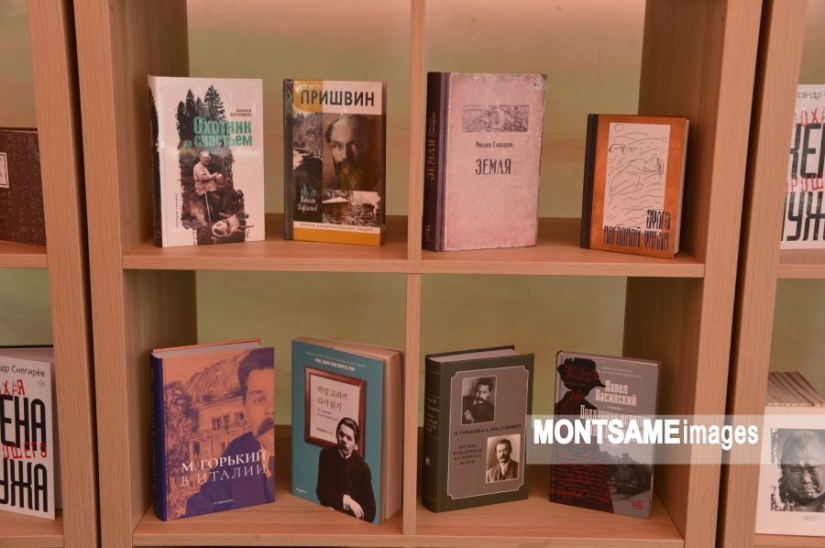
 Ulaanbaatar
Ulaanbaatar






